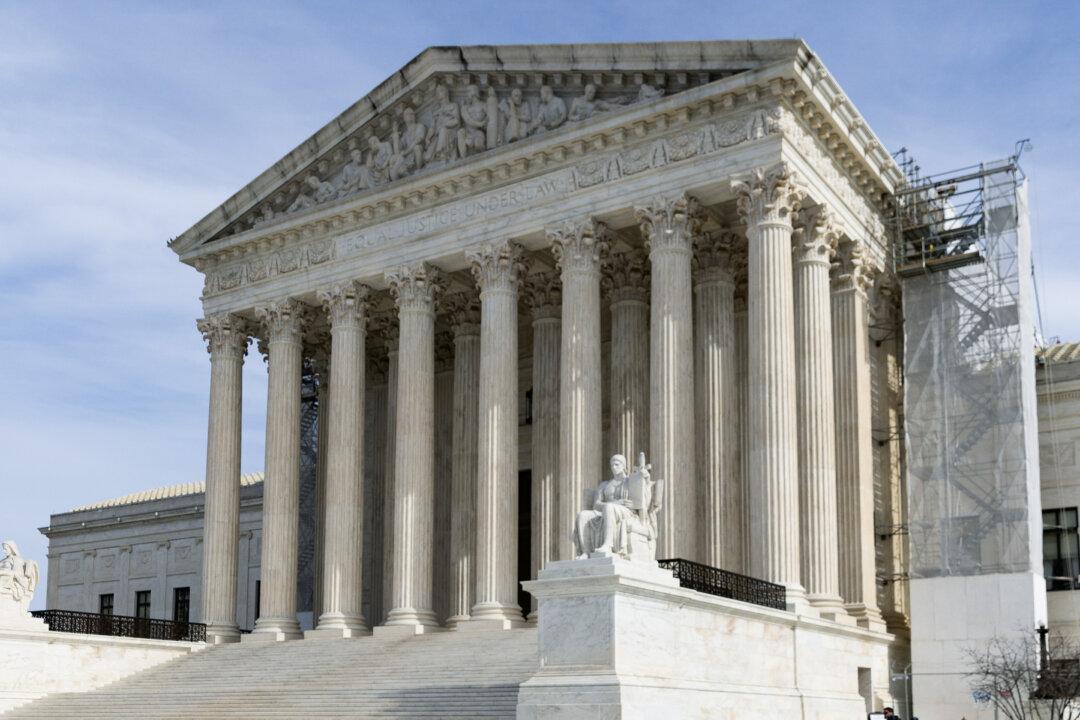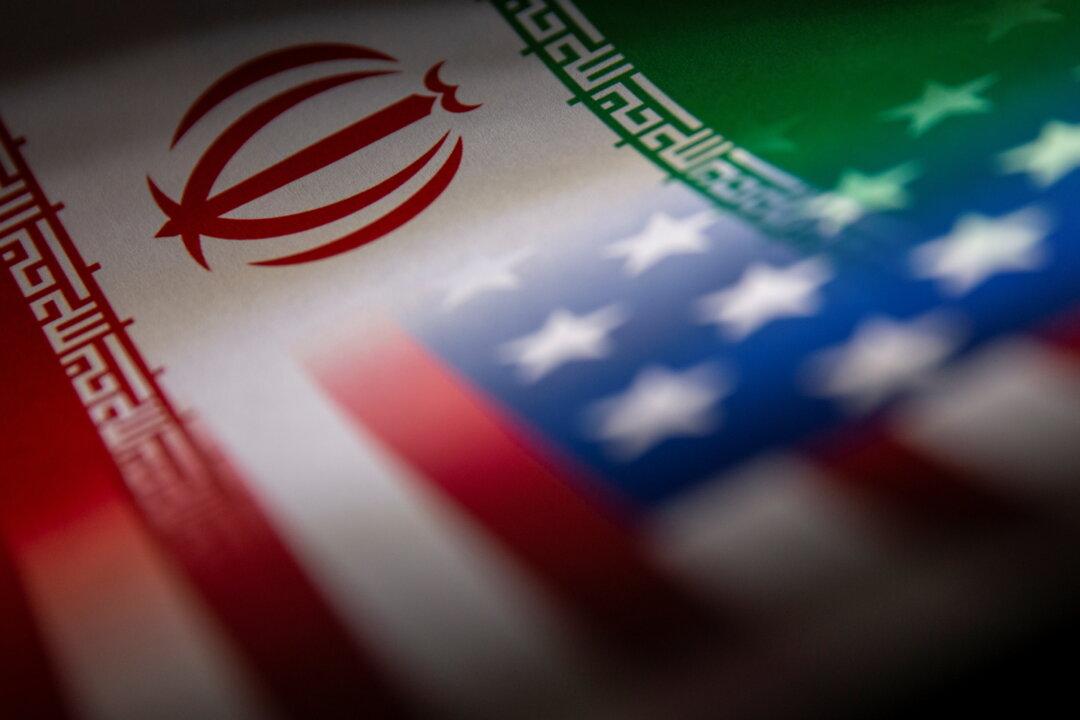Commentary
In issuing an Independence Day injunction freezing federal government-led speech policing, U.S. District Judge Terry A. Doughty heaped particular scorn on the FBI for its interference in the 2020 presidential election, namely by grooming and deceiving social media companies into suppressing the New York Post’s Hunter Biden laptop story.





